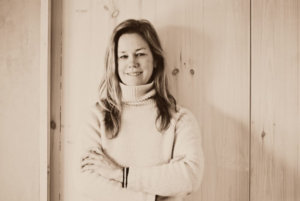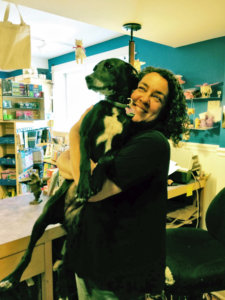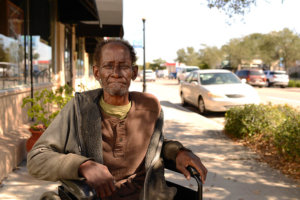Quietly Making Noise: The nuances and memories of life

I reached into my pocket as we stood in the security line at the Orlando airport, my hand closing around my Swiss Army knife as a wave of regret and sadness washed over me. That morning, at the hotel, after using the knife, I had forgotten to put it back into the checked baggage. This was the knife that had been given to me by my friend’s mother shortly after he had been killed in a car accident. It is just an object, I told myself; losing the knife doesn’t degrade his memory.
I’m a sentimental person, and there was a time when losing something like the knife would have devastated me. It was not until after my father passed away and we moved back to Vermont that the grip of material possessions began to lessen. I want to show the kids that material objects are not what keep the memory strong. To this end, I now try to only hold on to the things that I can use or I try to turn non-useful items into something usable. Not long ago I had the copper printing plate from my grandfather’s business cards and his money clip turned into a belt buckle. But completely giving something away can be hard. It took me a month to muster the resolve to give away two of my dad’s polo shirts that I had not worn in over a year. I am sure there are other things tucked here and there that should probably be given away or tossed out, but I cannot think of any off the top of my head. Which brings up the point. What good is that cherished object if it is sitting in a box in the basement and you only remember you have it when you come across it while looking for something else? If you didn’t know it was there for the past year, then chances are you’re not going to miss it next year.
I have a lot of mementos of my dad. My most cherished are his fountain pens. I love to use them and know that his hand once held the same pen. But what brings me the most joy, and at times sadness, are not the mementos themselves but rather the nuances and memories of life. How I write some of my letters the same way he did or my movement up the stairs, reflected in the window, that are his movements. When I listen to jazz or am sitting by the fire reading a book on a Saturday morning and I can see my parents doing the same in their living room and feel myself there. Turning down NPR when I pick up the kids at school so that it is not so loud that people outside the car can hear the broadcast triggers the memory of all the times Dad would pull up to the curb when I was in high school with NPR that loud, and how embarrassed I was. These are the things that I hold onto with all my might. All the mementos could vanish, and though I would be sad and I would miss using them, the memories are not going to disappear with them.
Twenty years on I don’t need a knife to remind me of my friend. When a song comes on the radio, he is there. When I see his favorite color, I remember him. This is what I want the boys to learn. That a memento may seem like the most important thing in the world, but losing it is not the end of the world. You still have the memory. Dwelling on the loss of the object is what clouds the memory and causes it to fade—not the actual loss of the memento itself.
Related Stories
Popular Stories
If you enjoy The Charlotte News, please consider making a donation. Your gift will help us produce more stories like this. The majority of our budget comes from charitable contributions. Your gift helps sustain The Charlotte News, keeping it a free service for everyone in town. Thank you.
Andrew Zehner, Board Chair










